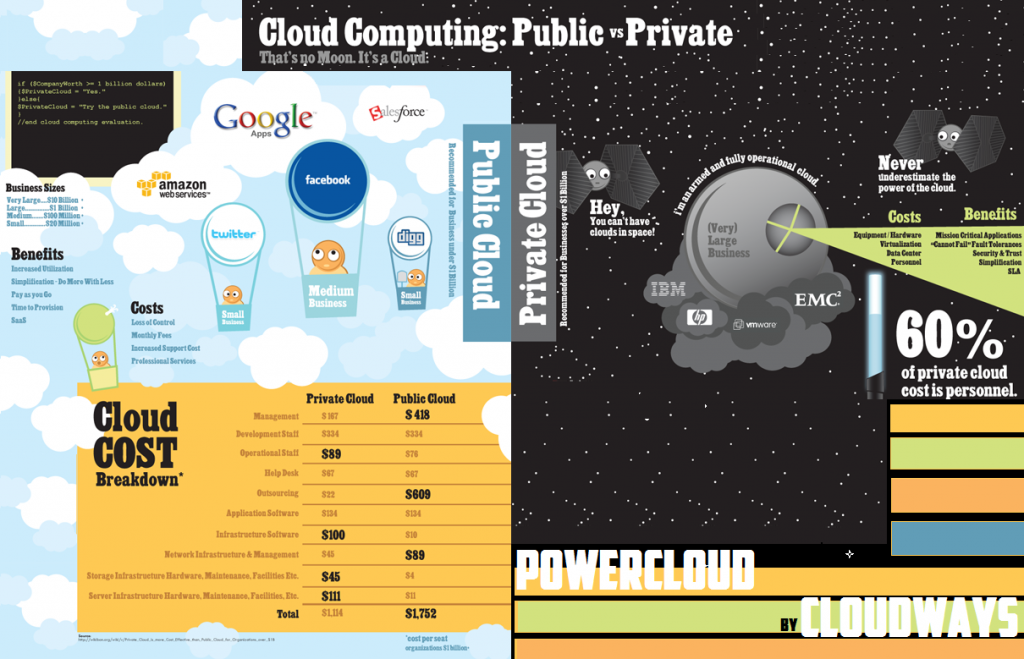David Linthicum| Infoworld
The health care sector is beginning to move to cloud-based platforms, despite the common belief that compliance and security issues would hinder the shift. The major driving factors are the need to increase storage and compute capacity using limited dollars and the ability to centrally manage patient data that now exists in silos. Indeed, the cloud computing market in the health care sector is expected to grow to $5.4 billion by 2017, according to research firm Markets and Markets.
Despite this growth, many in health care are still pushing back on cloud computing, citing security and privacy issues. But others are finding better security models and technology in the cloud. Moreover, most health care organizations moving to cloud computing are doing so to reduce operational costs, because many have very limited budgets — a powerful motivation that will overcome the overblown security and privacy excuses.
Still, this transition won’t be pain-free. Most IT organizations in the health care sector don’t have the talent required to move their systems safely to cloud-based platforms, and they may not understand the compliance and security issues as well as they should. However, the default of “do nothing” is not acceptable considering that the IT backlog is growing again — and budgets are not. It’s time to get creative and innovative around the use of new technology, including cloud computing.
That’s especially good for health care, which should get a much higher return on investment than other sectors will from cloud adoption. The amount of data that health care providers must deal with is daunting, and it is typically managed in unconnected silos. That causes huge costs both for management and in inefficiencies, including some that lead to mistreatment due to ignorance among those treating patients as each has only some of the picture.
In moving to the cloud, the health care industry will find new opportunities for data consolidation or aggregation of patient data to help physicians and clinicians make better decisions, while their organizations should save money through reduced redundancy and cheaper operational costs. It’s time for health care to capitalize on the cloud opportunity — as smart organizations have already realized.













